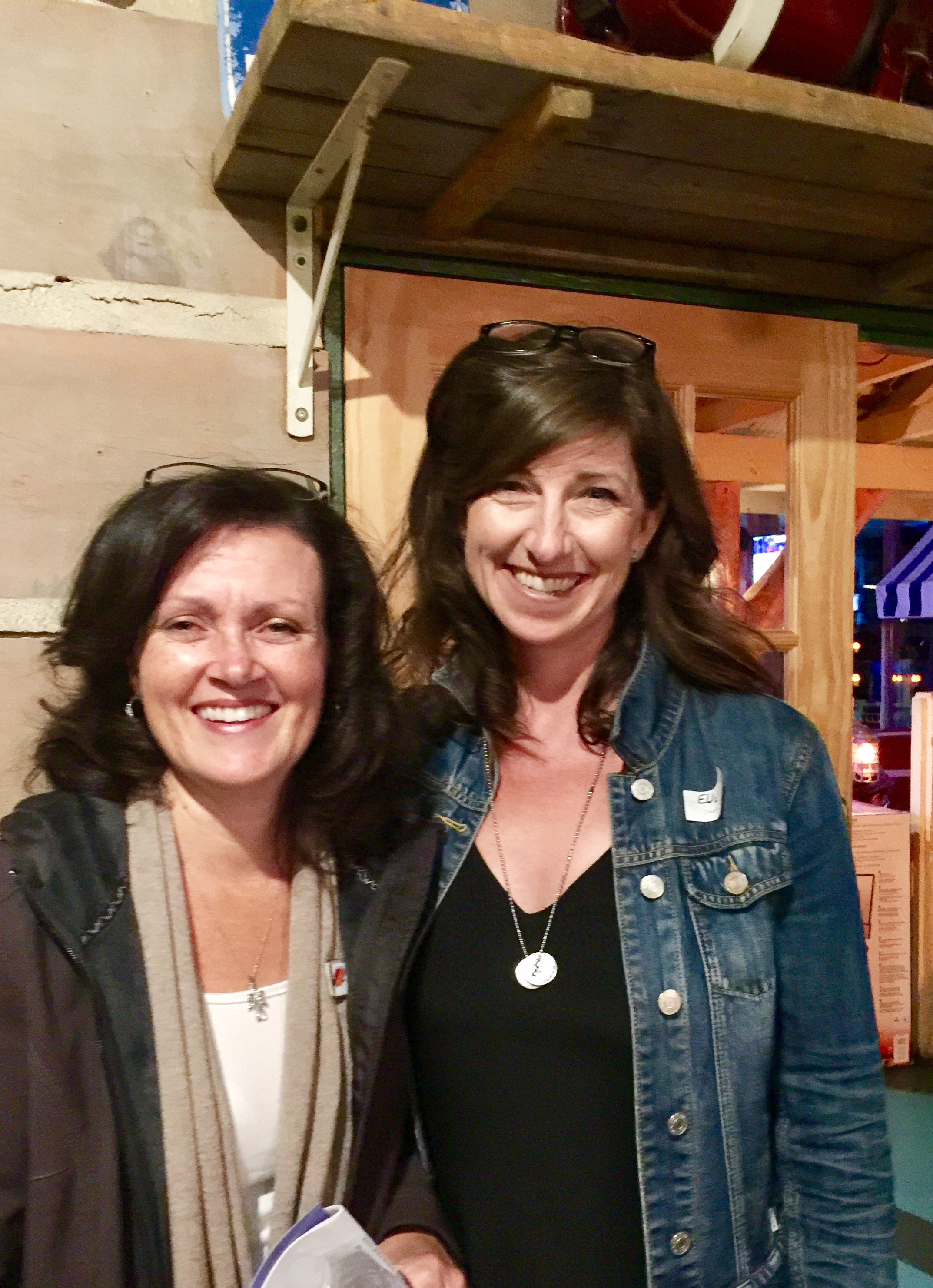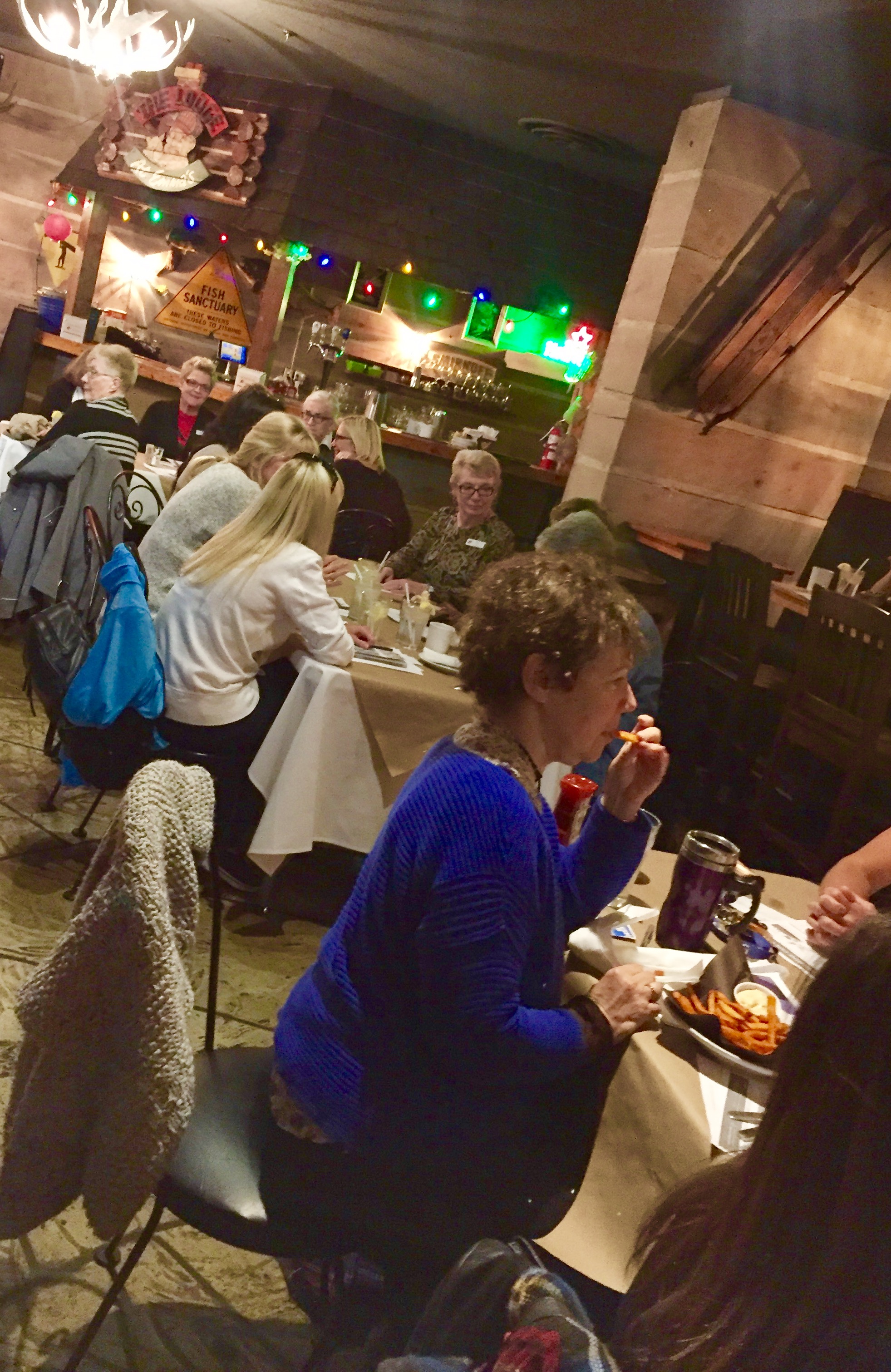National Hospice Palliative Care Week in Canada is May 2nd-8th, 2021.
Proactive and equitable access to Hospice Palliative Care is not standard, with barriers (including a lack of education, funding and research) contributing to the myths that impact delivering high-quality person and family-centred collaborative care. Integrated support for loss, grief and bereavement is lacking.
Did you know....
-Between 62% and 89% of those who die could benefit from palliative care, including nearly everyone who does not die unexpectedly
- 51% of the children who died in 2012 only received Paediatric Palliative Care for the last 30 days of their lives
-62% of Canadians who received palliative care did so in an acute care hospital in their last month of life
-Few Canadians (15%) have early access to palliative care in the community
-80% of the time, palliative care was provided during admission was unplanned or through an emergency department
-Canadians between the ages of 45 and 74 are more likely than younger adults and older seniors to receive palliative care
-There are ~88 residential hospices and the majority require a prognosis of <3 months to be admitted
Source: CHPCA Fact Sheet 2021
For more information, please visit the Canadian Hospice Palliative Care Association

















